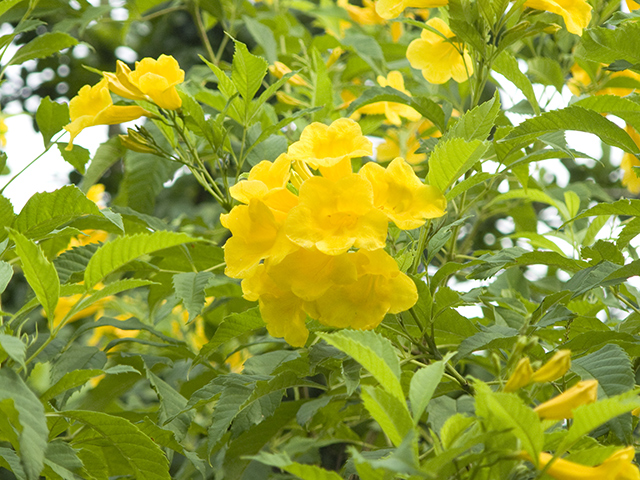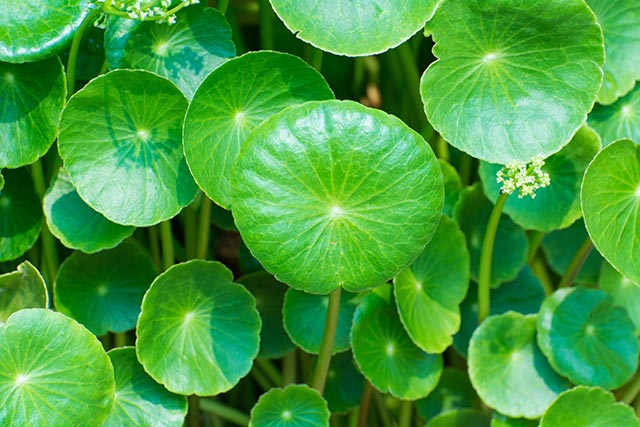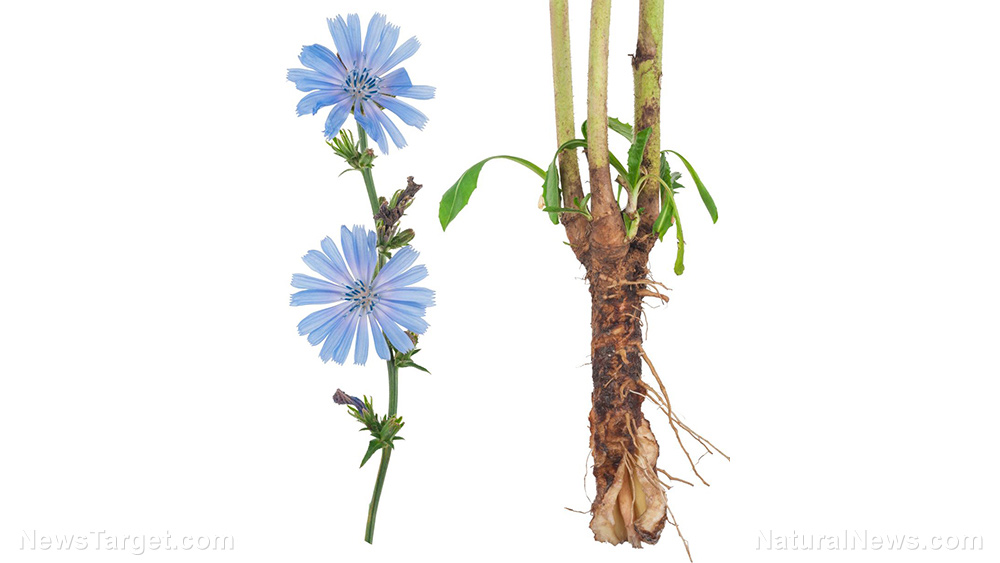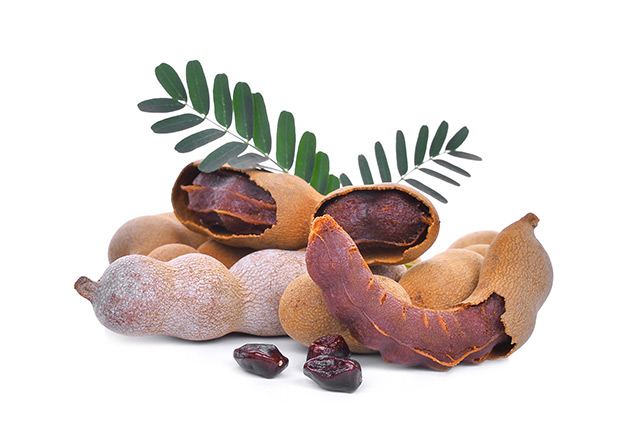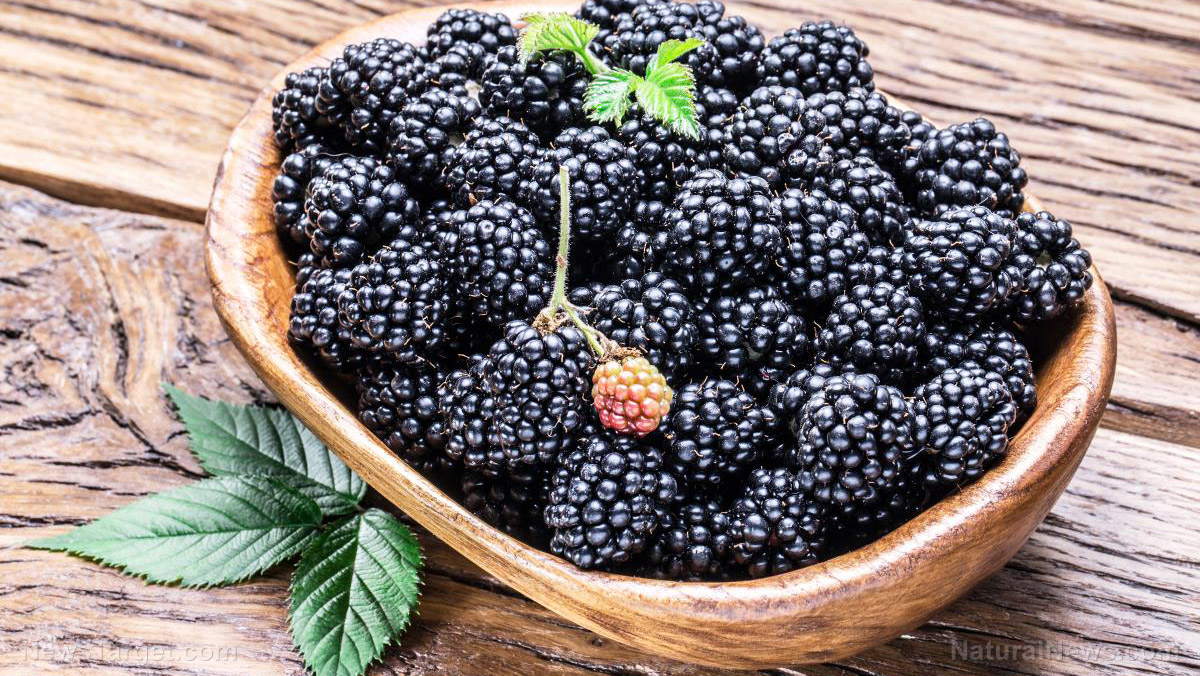A natural remedy for neuropathic pain: Purple passionflower
11/21/2018 / By Ellaine Castillo

Neuropathic pain, especially that which comes from nerve damage, isn’t something you would want on anyone. It’s not only very uncomfortable, but it can increase the risk of morbidity and even negatively affect a person’s well-being. Treating neuropathic pain usually involves antidepressants and anticonvulsants, but these are not very effective and can cause adverse side effects. Herbal medicines are now being explored for potential use in neuropathic pain therapy, and so far, the results have been very promising. One of the plants that have shown potential use in relieving neuropathic pain is the purple passionflower (Passiflora incarnata).
Approximately 10 percent of Americans have experienced neuropathic pain. This condition isn’t like the pain that people normally experience since it can occur even when there is no stimulus present. There are two types of neuropathic sensations. The first of these is allodynia, which refers to pain felt due to a stimulus that doesn’t usually cause pain, while the other is hyperalgesia, a feeling of excessive pain from a pain-inducing stimulus. Neuropathic pain is caused by damage on the peripheral or central nervous system and most of the time it also brings other diseases along with it.
Researchers from the University of Peshawar and the Cardiff School of Pharmacy and Pharmaceutical Sciences hypothesized that the purple passionflower has potential use in neuropathic pain treatment. This was based on previous observations regarding the plant’s phytochemical content and different medicinal applications. Purple passionflower contains many bioactive compounds, but approximately 2.5 percent of its total phytochemical content is composed of flavonoids, such as vitexin. These phytochemicals account for the plant’s analgesic, anxiolytic, anticonvulsant, anti-diabetic, and hypolipidemic properties. Aside from these, purple passionflower has also been tested for potential use in treating insomnia, opioid addiction, attention deficit hyperactivity disorder, and postmenopausal symptoms.
In this study, published in BMC Complementary and Alternative Medicine, the researchers evaluated the ability of purple passionflower extracts to relieve streptozotocin-induced diabetic neuropathic allodynia and vulvodynia, which is pain felt in the vulvar region, in rodents. In addition to this, the researchers also observed the ability of the extracts to reduce anxiety and promote sedation. Results of the study show that purple passionflower extracts effectively reduce pain. They also observed that the pain-relieving effect of the extracts can be attributed to mechanisms that involve opioid and gamma-aminobutyric acid (GABA). The researchers also observed that the extracts can be used to treat anxiety and as a sedative.
Aside from the plant’s bioactivities, its phytochemical composition was also determined. The phytochemical analysis revealed that there is a high abundance of flavonoids and alkaloids in the purple passionflower extract. Based on previous studies, flavonoids can relieve pain through mechanisms involving opioids and GABA. Additionally, flavonoids have potential applications in neuropathic pain and diabetes treatments.
Based on these results, it can be determined that extracts from the purple passionflower have analgesic, anxiolytic, and sedative effects. They also observed that the extracts can relieve neuropathic pain through a mechanism that involves opioid and GABA. These pharmacological bioactivities of purple passionflower can be attributed to the presence of phytochemicals, namely flavonoids and alkaloids. Overall, these results prove that purple passionflower can be used as an alternative to dangerous antidepressants and anticonvulsants that are commonly used for treating neuropathic pain. (Related: Antidepressant drug linked to increase in breast cancer deaths.)
Learn more about other herbs that help manage neuropathic pain by visiting Cures.news today.
Sources include:
Tagged Under: antinociceptive, diabetic neuropathy, GABA, GABAergic, gamma-Aminobutyric acid, herbal medicine, nerves, nervous system, neuropathic pain, nociceptive, Opioid, opioidergic, pain, pain relief, Passiflora Incarnata, purple passionflower, traditional medicine


